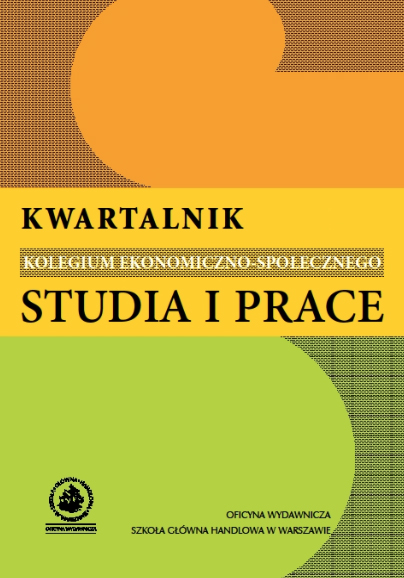Hiszpański Ruch 15-M: tożsamość projektowa in statu nascendi
Spanish Indignados: a Project Identity in the Nascent State
Author(s): Paweł ZerkaSubject(s): Politics, Civil Society, Geopolitics, Corruption - Transparency - Anti-Corruption
Published by: Szkoła Główna Handlowa w Warszawie
Keywords: identity; society; globalization
Summary/Abstract: The Spanish movement of May 15th (15-M) has become a reference point for other groups of indignados, which have emerged in diQ erent parts of the world. This is why 15-M has already inspired a number of studies by Spanish and foreign scholars, both in the camp of sociology and in political science. It has also aroused a rising of interest among journalists. In this study, we make a first step towards better understanding of the 15-M movement, by trying to define its group identity. Our analysis point to an evolutionary nature of the movement. Initially, it was rather chaotic and lacking coherence, but with time it acquired several proper characteristics, among them domination of young people, political indifference, pacifism, as well as a widespread use of new technologies. Besides, while resistance and discontent served as its common ground at the very beginning, after that the movement has bacome an advocate of a specific social change. Its idea of a change has consisted in the development of partcipatory democracy, in the harnessing of the global capitalism, and in the provision of social justice and adequate conditions for self-fulfillment for individuals. Such a transformation inside the movement is consistent with the theory of "group identities" developed by Manuel Castels. The Spanish sociologist argues that in the network society of our times, group identities are based most of all on group resistance and only afterwards they can transform into project identities. In this particular example, such a transformation may have been fostered by the emergence of several other points of resistance in the world, inspired by the Spanish movement. Nevertheless, the durability of 15-M's group identity will depend on its ability to influence the current domestic politics. Interestingly, the Spanish indignados seem to embody many transformations typical for modern societies, defined by Anthony Giddens as a passage towards the "late modernity". Their demands are in many respects convergent with the program of "life politics", described by this British sociologist. The passage towards the late modernity is also visible in the global reach of their protests. On one hand, they raise the issue of global processes haveing local effects. On the other hand, their protests have a clearly expansionary nature. With the emergence of several other groups of indignados, for example in United States or in Chile, the 15-M may become an avant-garde of a wider global movement. At the same time, it has become clear that, regardless of a particular economic, political and social context which undoubtedly served as a catalyst for social unrest in Spain, the identity of the 15-M movement is based strongly on universal values, going far beyond the domestic context.
Journal: Kwartalnik Kolegium Ekonomiczno-Społecznego „Studia i Prace”
- Issue Year: 11/2012
- Issue No: 3
- Page Range: 155-175
- Page Count: 21
- Language: Polish

